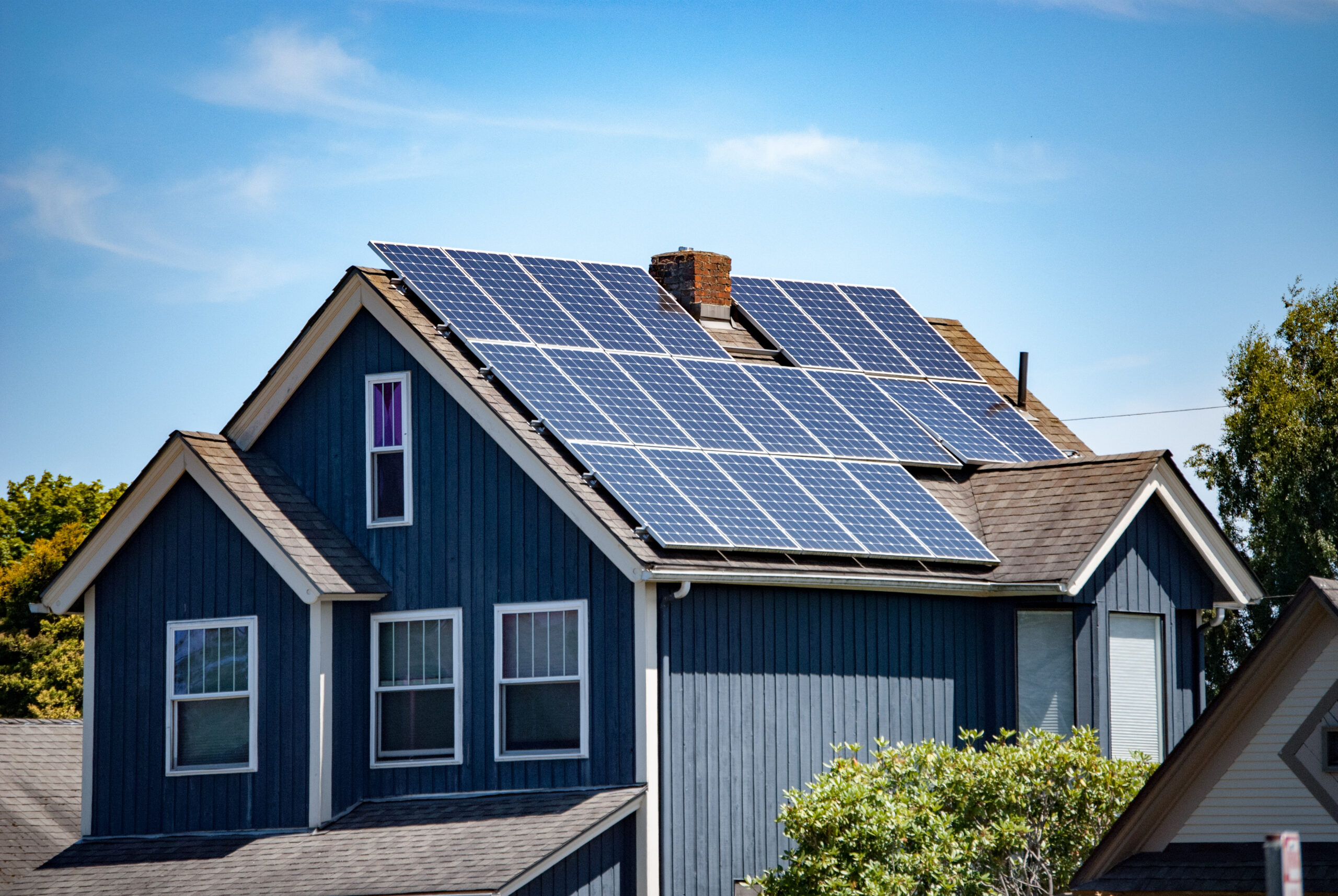The Impact of Environmental Factors on Real Estate Purchases

In today’s real estate market, environmental factors are increasingly influencing buyers’ decisions. With heightened awareness of climate change and sustainability, understanding how these elements affect real estate purchases is crucial for both buyers and sellers.
Climate Change and Location Preference
One of the most significant environmental factors affecting real estate is climate change. Buyers are becoming more cautious about purchasing properties in areas prone to natural disasters, such as floods, hurricanes, or wildfires. This shift in preference has led to an increased demand for homes in regions perceived as safer, often impacting property values in both areas positively and negatively.
Energy Efficiency and Sustainable Homes
Energy efficiency is another critical factor. Homes with sustainable features like solar panels, energy-efficient appliances, and superior insulation are not only more attractive to environmentally conscious buyers but also offer long-term cost savings. This trend has spurred a rise in green certifications for properties, making them more marketable and often commanding higher prices.
Urban Planning and Green Spaces
The importance of green spaces and sustainable urban planning has also grown. Properties close to parks, gardens, or nature reserves tend to have higher value, as they offer a better quality of life. Buyers are looking for homes in communities that prioritize environmental conservation and have well-planned infrastructures to reduce pollution and congestion.
Pollution and Health Concerns
Pollution levels are a growing concern. Areas with lower pollution levels are becoming more desirable, especially among families and health-conscious individuals. This trend is pushing real estate developers to consider environmental impact more seriously and invest in cleaner, more sustainable projects.
Technology and Environmental Monitoring
Advancements in technology have made it easier for buyers to assess environmental risks associated with properties. From flood risk maps to air quality indices, technology provides valuable information that can influence purchasing decisions.
Final Thoughts
In conclusion, environmental factors are playing a more significant role in real estate purchases than ever before. Buyers are increasingly considering the long-term environmental implications of their investments, while sellers and developers must adapt to these changing preferences. As the world becomes more environmentally conscious, the real estate market will continue to evolve, prioritizing sustainability and resilience against environmental risks.

